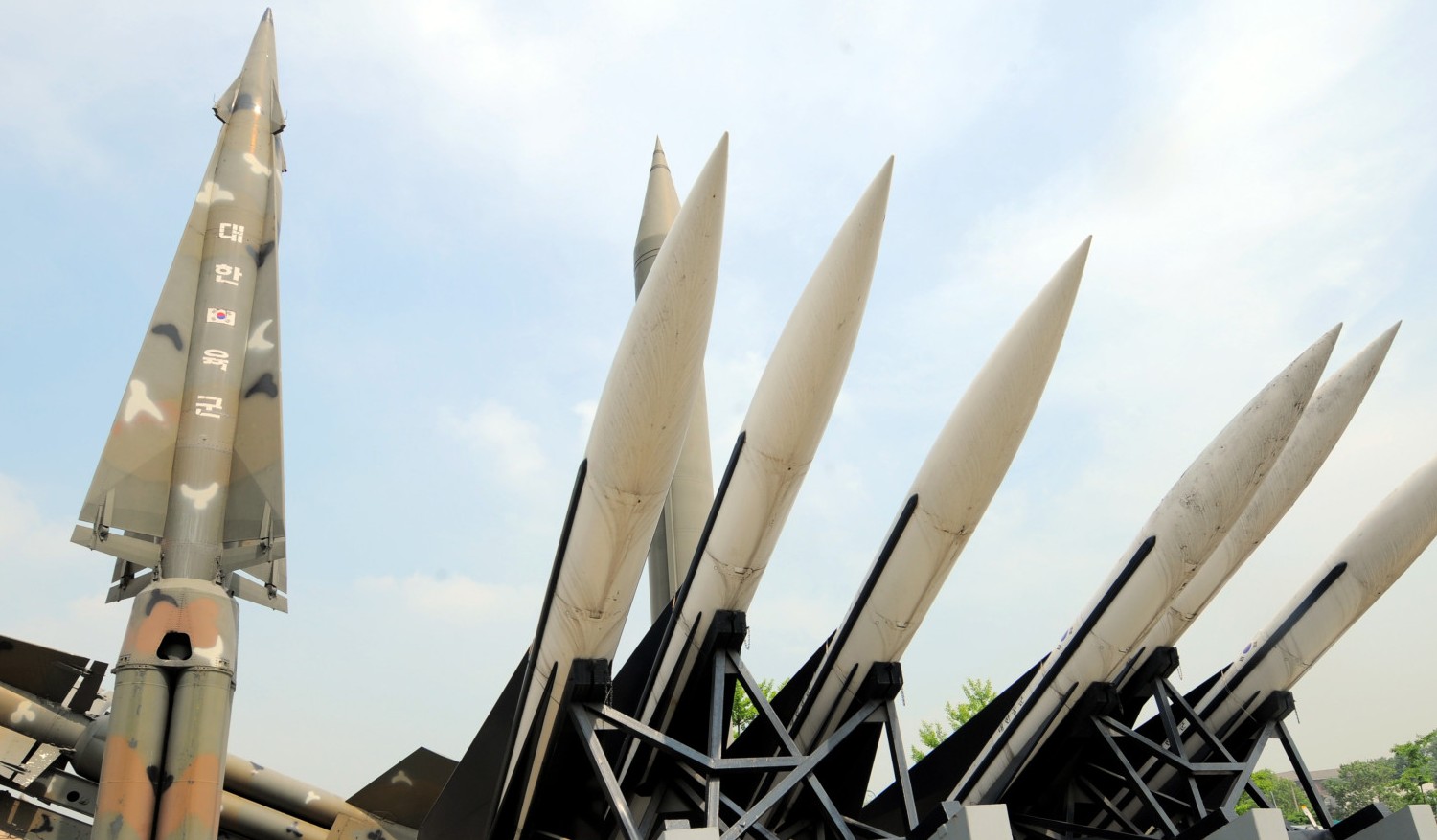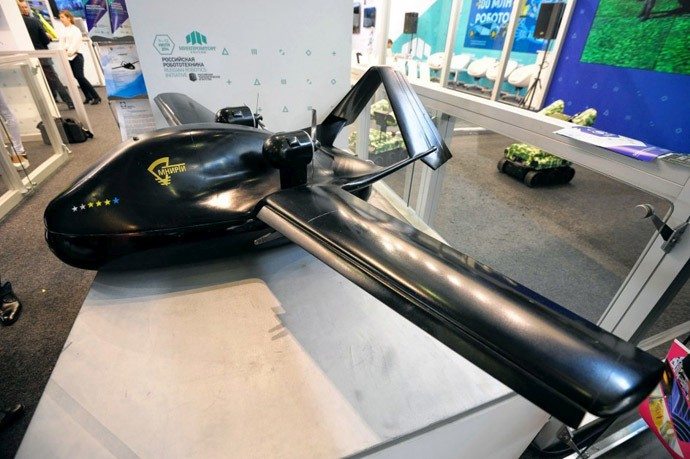The head of the UN’s atomic watchdog warned Monday that “terrorists” could attack or sabotage nuclear facilities in countries where security is weak, and urged governments not to let their guard down.
“This is a very serious issue for the international community now,” Yukiya Amano, director-general of the International Atomic Energy Agency (IAEA), said in a lecture in Singapore.
“In this area, international cooperation is extremely important because terrorists always target the weak link,” he said.
“The country which does not recognize the threat of terrorist sabotage or attacks on nuclear power plants or facilities is the most dangerous country,” he added, without referring to any specific threats or countries.
Media reports in July last year cited Iraq’s United Nations ambassador Mohamed Ali Alhakim writing to UN secretary-general Ban Ki-moon about insurgents seizing nearly 40 kilograms (88 pounds) of uranium compounds kept at Mosul University.
The Islamic State group has overrun parts of Syria and Iraq since last June and declared a Muslim caliphate in those areas.
Speaking to reporters later, Amano declined comment on the prospect of global powers and Iran reaching an agreement by the end of June on Tehran’s nuclear program.
“The IAEA has long been insisting that the solution needs to be found through dialogue. We welcome if and when the agreement is reached,” Amano said.
“We have communications with them, we provide assistance as necessary and as appropriate, but we are not a party to this negotiation.”
Iran and the so-called P5+1 group — the United States, Britain, China, France, Germany and Russia — have been seeking a comprehensive accord that would prevent it from developing a nuclear bomb in return for an easing of economic sanctions.
Iran says its nuclear program only has civilian aims.











